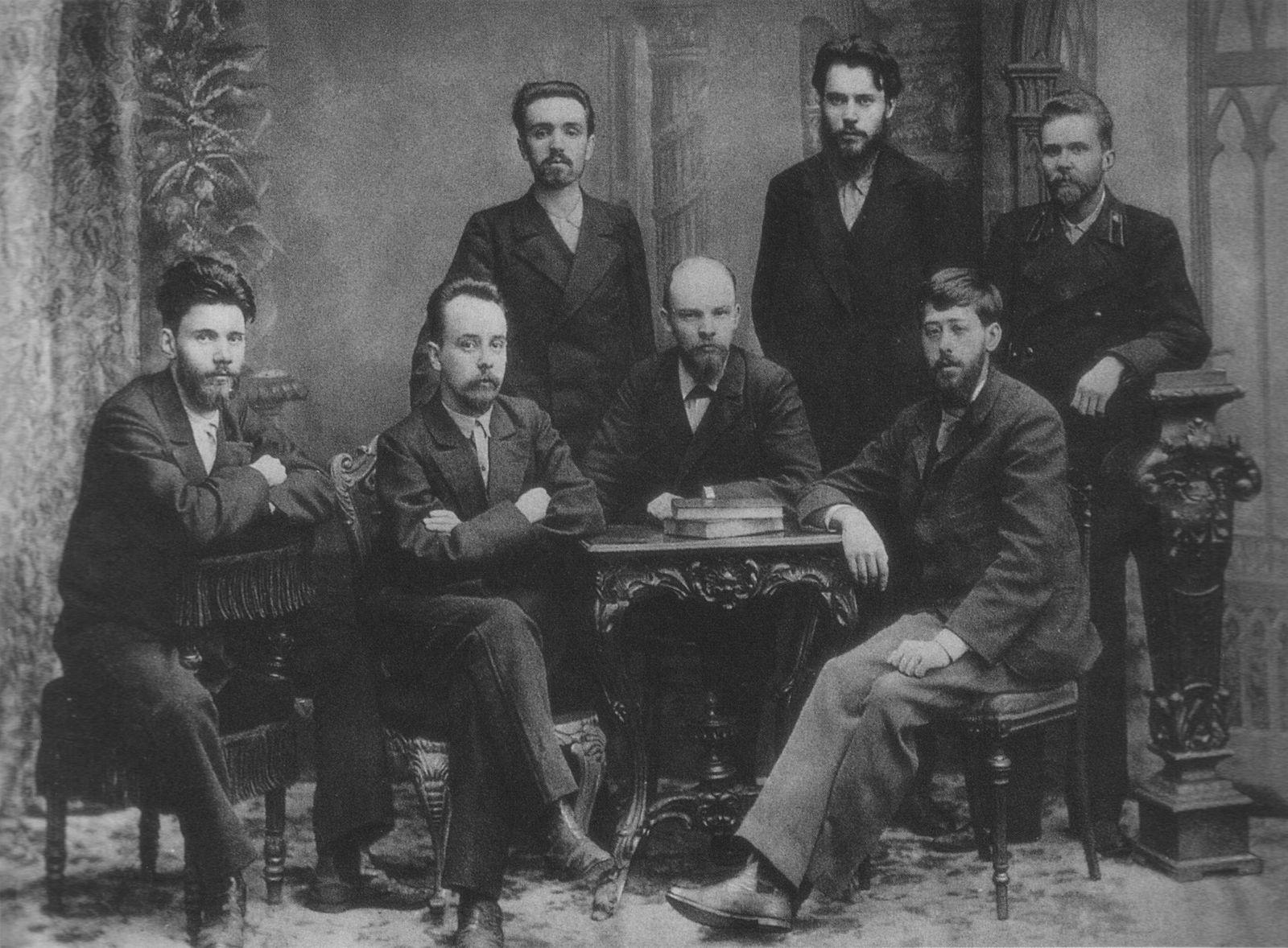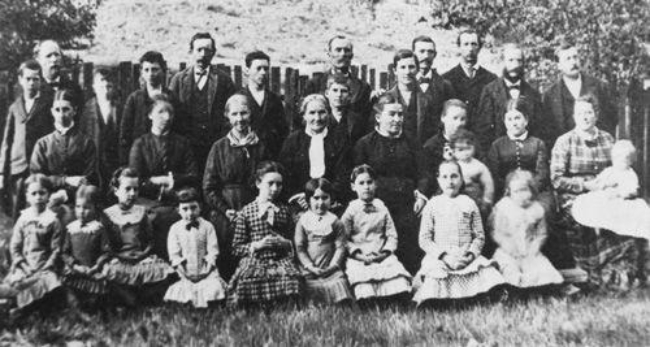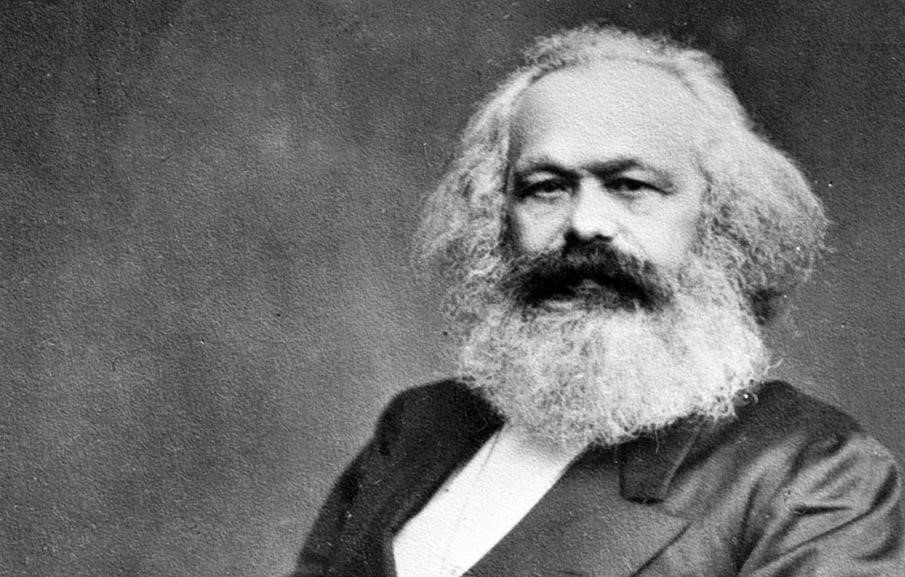Despite the common belief that Marx and his manifesto laid the foundations of socialist thought, it actually preceded him by at least seven decades, going back all the way to the French revolution (1789). The arrival of Marxism and its fresh ideas in many ways changed history particularly with its aim of overthrowing the ruling class (the bourgeoisie) and seizing the means of production. But before Marxism, there were intellectuals who tried to find solutions to modern poverty and inequality. They were those who contributed the earliest socialist ideas, with a particular focus on collective ownership. Some even attempted to create egalitarian communities devoid of the dogmas that dominated religious communal life in the past.
Here are five important proto-socialist figures:
1. Jean-Jacques Rousseau (1712–1778)
He was among the most influential philosophers of the French Revolution. He was also one of the earliest intellectuals to criticize the idea of private property viewing it as an impediment to a truly egalitarian society (bear in mind that’s what the French revolution aspired to achieve). However, he stopped short from calling for its abolition like the communists did.
2. François-Noël Babeuf (1760-1797)
He is considered the first communist revolutionary and a martyr for the cause. Although his time preceded labels like “anarchist” and “communist,” his ideas could be seen as belonging to both camps. Babeuf called for absolute equality and the abolition of private property. He also openly called for a violent overthrow of the French government during the turbulent period (1789-1799) that followed the Revolution. His followers were called Societé des égaux (Society of the Equals). He tried to incite a popular uprising against the government in 1796 with the goal of creating a classless society. It was dubbed the Conspiracy of the Equals. It failed and he was arrested and executed.
The following three figures are utopianists:
3. Henri de Saint-Simon (1760–1825)
A French philosopher who viewed helping the poor of modern society as the most important issue of his time. He did not believe in a class conflict, neither did he harbour enmity towards the capitalists. He saw the bourgeoisie and proletariat as two groups on one side, the “productive side.” On the other side, he placed the “idlers” of aristocracy who produce nothing. He believed that continuous industrialization and scientific development could bring an end to poverty and war. After his death, his followers established communities around France dedicated to equality, brotherly love and the eradication of poverty. They also endorsed equality between men and women, which was radical for its time, despite reserving separate roles for them. It evolved into a spiritual sect with rituals and a system of free love. It was banned by 1832.
4. Charles Fourier (1772–1837)
He was a French philosopher who tried to fix the malfunctions of modern society. His ideas inspired communes (or phalanxes). Based on his calculation of personality types, he reached the conclusion that the optimal number of people living in one commune would be around 1600. Each commune would be a four-level apartment complex, called phalanstère (or phalanstery), designed to enhance communal cooperation which he singled out as the main solution to modern problems. Fourier was not concerned with overthrowing governments and considered his philosophy compatible with any government. He also believed in equality between the genders and that his project would take women out of their traditional environment of home which had always oppressed them. In fact he was the one who coined the word “féminisme” (feminism) in 1837. He was an advocate of free love and acknowledged that humans have a range of heterosexual and homosexual preferences which have to be fulfilled for a healthy life as long as no one is abused. Fourierists built communities in multiple cities around USA. None were built in Europe due to lack of support.
5. Robert Owen (1771–1858)
This British social reformer and dreamer is the man to thank for our 8-hour work day. He was the first to campaign for it saying that the day should be divided into three equal parts, each is 8 hours long: labour, recreation and rest. However, it would take decades before it becomes reality. He was also an advocate for improved work conditions and free education for children. His ideas were very popular for a period of time and Owenite communities sprang up around USA and Britain. He invested (and subsequently lost) most of his own wealth in a utopian self-sufficient community in USA in 1825. All other Owenite communities were short-lived too.
The failure of all these utopian socialist dreams left the battlefield of ideas open for Marx and his brand of socialism to wreak havoc throughout much of the 20th century.
You might also like:

What does the Communist Manifesto actually say?
Why The Communist Manifesto is one of the most controversial books of all time? Read the revolutionary and controversial words
BOOK: THE COMMUNIST MANIFESTO

The Communist Manifesto in 35 historical photos
The book that inspired revolutions globally brought to life in 35 historical photos
BOOK: THE COMMUNIST MANIFESTO





